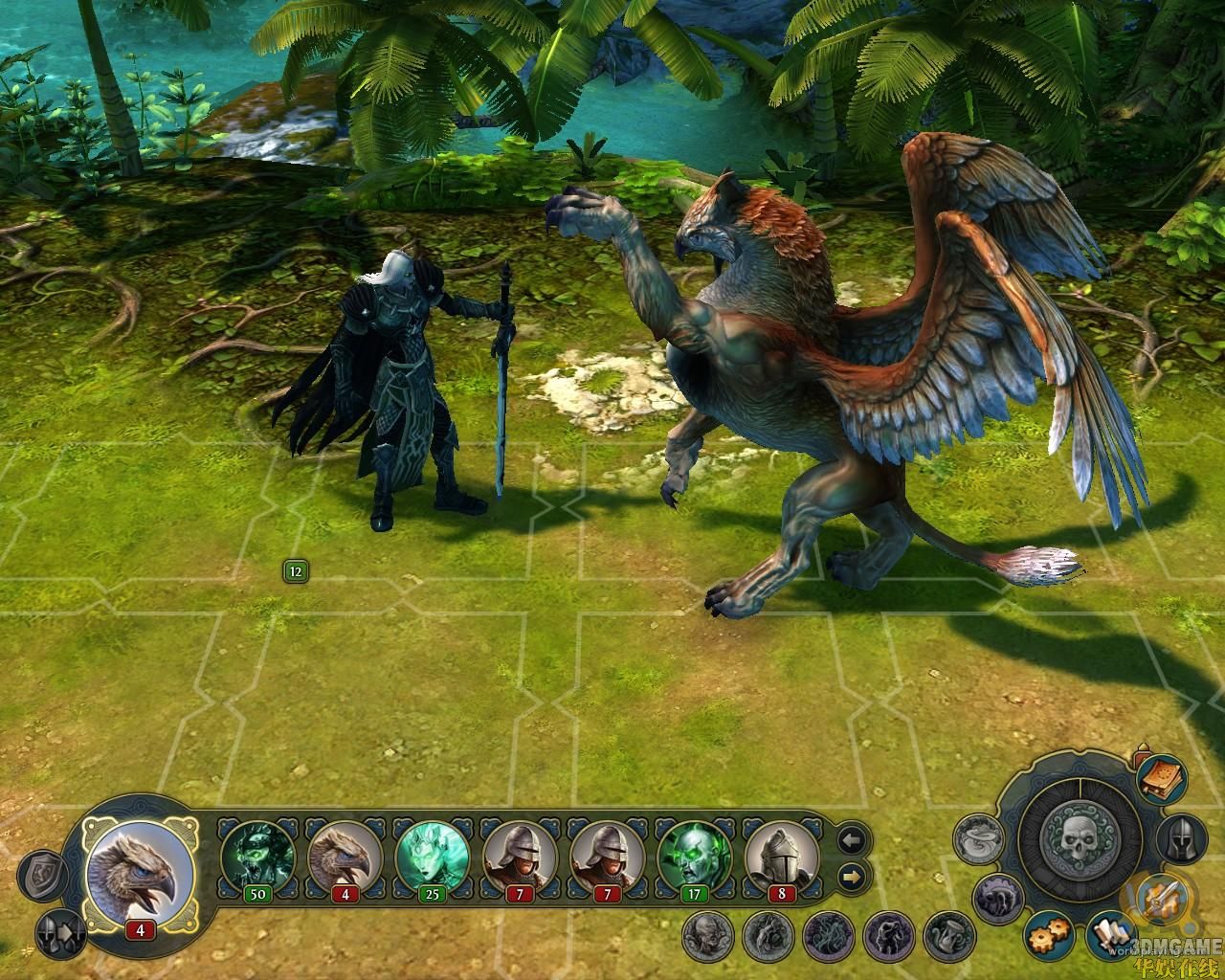
If you hire designers who know one thing they will do that one thing over and over, and think that is what they are supposed to do.Įventually the toy station designers of dumbed down games will grow old, die and fresh, young designers will realize the great computer games are not old and classic but are actually the core of future gaming. Current designers could not make a true excellent classic to save their life. Conditions have improved (more computers and smarter toy stations), but the design techniques back then were largely lost, with bad habits instilled into those who worked on toys, but design techniques for excellent games will one day return through eventual rediscovery.Įventually the designers trained in cheap, clickity click, dexterity games will stop trying to put that into so-called "Classic" games. It was done intentionally, destroying a mini-industry of great computer games in the process. They had to convince players to accept much, much less for the same price and have advertisements and paid reviewers "prove" there was high value when there simply was not. They did not want to have to answer questions (when a new, even greater Might and Magic game came out) like, "Why don't you port it or make games like that for the toy station you sold me. For the toy company number one goal of positioning their games as the best, computer game series such as Might and Magic, Ultima, Wizardry, etc., had to die. Their number one goal was to convince customers that their games were better than computer games, but they could not do that if games for computers kept being made. it is not that simple, even if that was what the toy companies wanted players to believe. It is not correct to say Might and Magic games did not sell well enough. The game itself is software, merely 1s and 0s, so if the box and screen shots are impressive. There was plenty of money for advertising, paid for reviews and demand for exclusive distribution, leaving computer game companies out in the cold with their customers confused, feeling betrayed and dismayed by the new wave of games dumbed down to fit on a toy station. $40 - a typical computer game price) that computer games used to sell for.

They were intentionally destroyed (driven out of the market) so the toy stations could position their games as the "best on the market" and sell many more units for the same price (ex. That gave the clout to cut off distribution to computer game manufactures who would have remained fine without that cutting of their traditional distribution channels. Instead of success being 200,000 units sold it became 5,000,000.

The Might and Magic games were wildly popular and sold great, but the definition of "great sales" changed around that time when toy stations, with grossly limited computing capacity, proliferated to much greater numbers than those who owned a computer that games could be played upon.


 0 kommentar(er)
0 kommentar(er)
